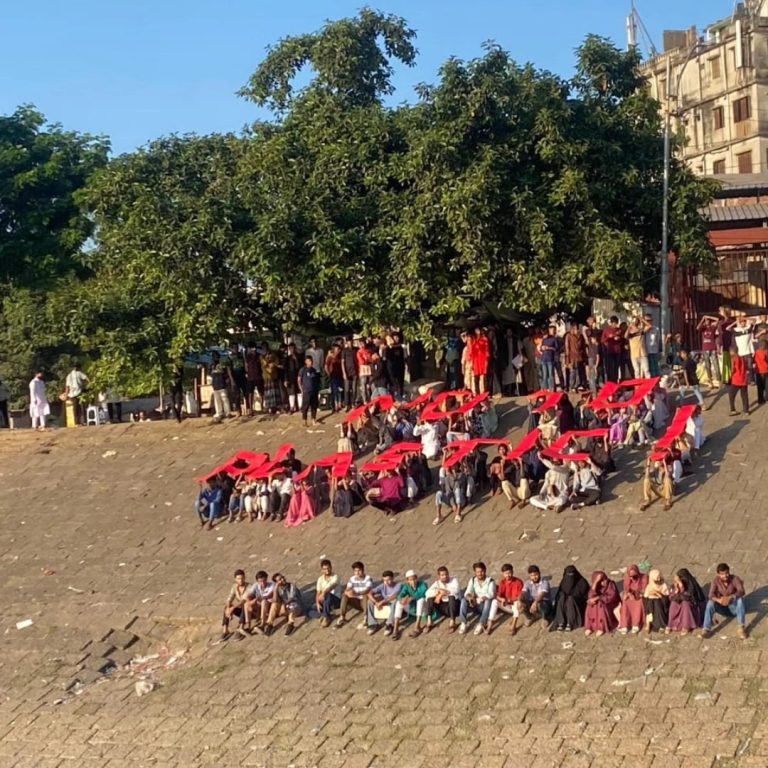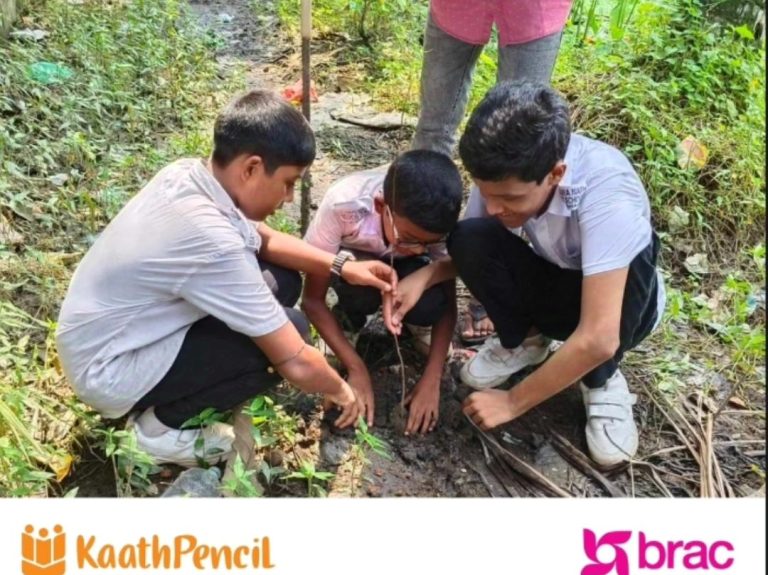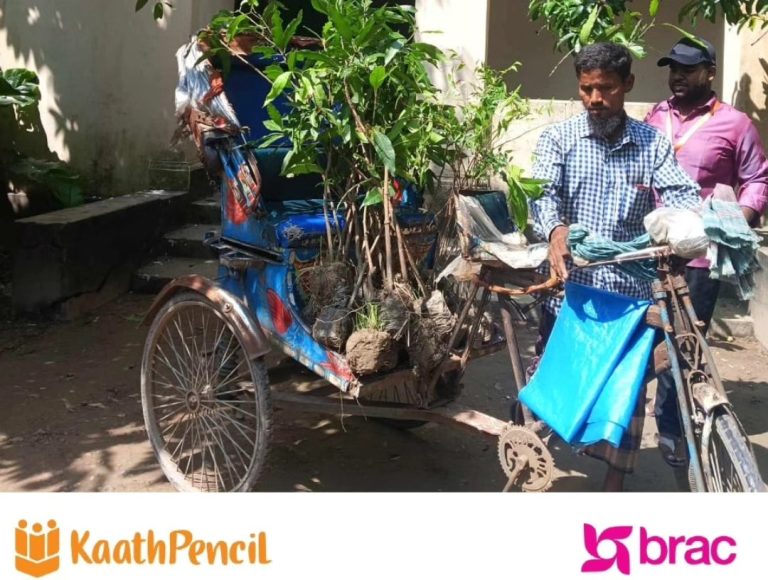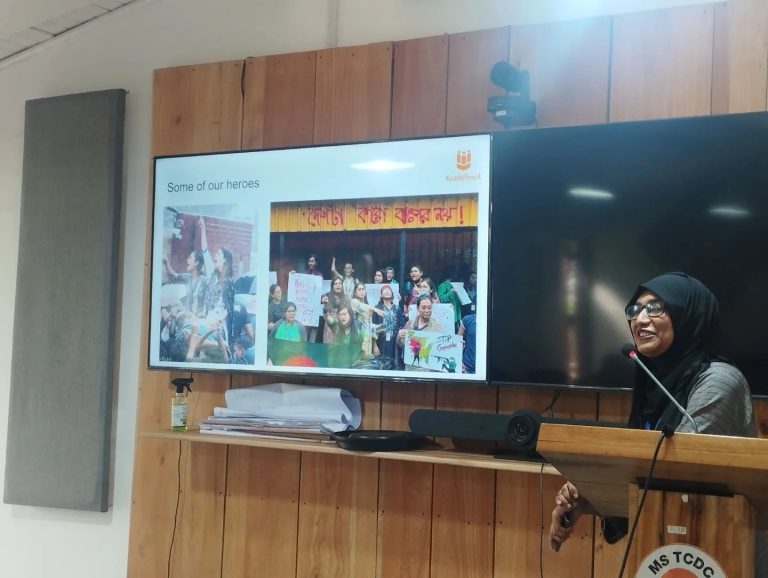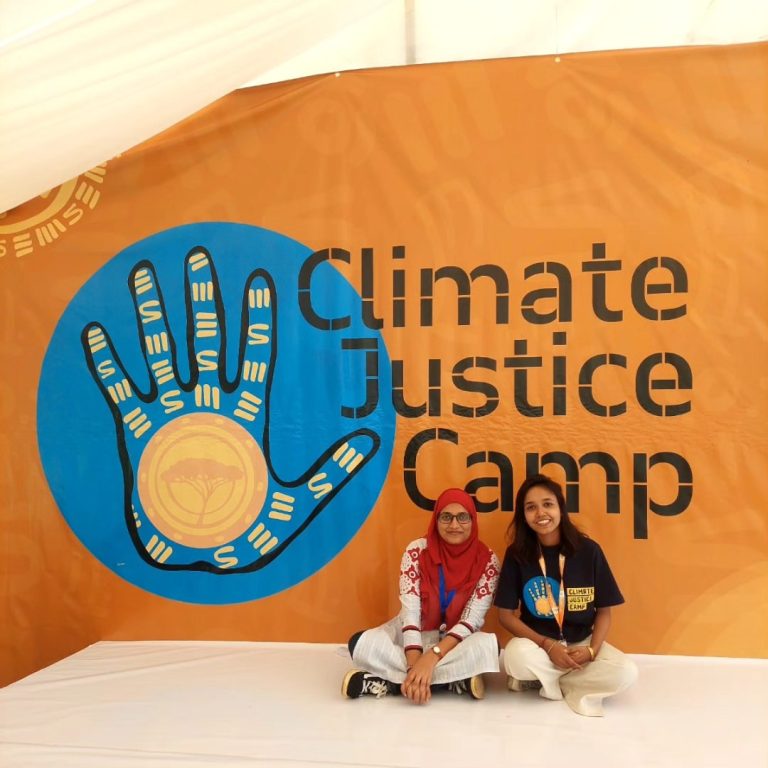


Overview
Child rights are vital for sustainable development
Kaathpencil promotes climate action through educational workshops and advocacy efforts. We engage children to amplify impact, strive to raise awareness, inspire action, and drive positive change for a sustainable future.
We are Strongly committed to
- Policy Engagement and Lobbying
- Youth Empowerment and Leadership Development
- Community Engagement and Climate Education
- Establish Green Skills
- Environmental conservation and sustainability
What is Climate justice ?
Climate justice is the principle that addresses the disproportionate impacts of climate change on vulnerable communities, particularly those who have contributed the least to the problem. It encompasses the recognition of historical responsibility, equity, and human rights in climate action and policy-making.
At its core, climate justice acknowledges that the impacts of climate change are not felt equally across societies. Marginalized communities, including low-income populations, indigenous peoples, women, and people of color, are often the hardest hit by climate-related disasters, despite contributing minimally to greenhouse gas emissions. These communities also have fewer resources and less capacity to adapt to climate change, exacerbating existing social, economic, and environmental injustices.
Climate justice advocates argue that addressing climate change must go beyond technical solutions and consider broader social and economic factors. It emphasizes the need for fair and equitable distribution of the burdens and benefits of climate action, ensuring that no one is left behind in the transition to a sustainable future.
Importantly, climate justice recognizes the interconnectedness of global issues, such as poverty, inequality, and environmental degradation. It calls for transformative changes in systems and structures to address the root causes of climate change and promote sustainable development that respects planetary boundaries and human rights.
Climate justice is crucial because it promotes a holistic approach to tackling climate change that prioritizes the well-being of people and the planet. By centering the voices and experiences of marginalized communities, it fosters more inclusive and effective climate policies and actions. Ultimately, climate justice is essential for building a more resilient, equitable, and sustainable world for current and future generations.
RELATED RESOURCES
1500+
number of people reached
55
Total Awareness campaign


